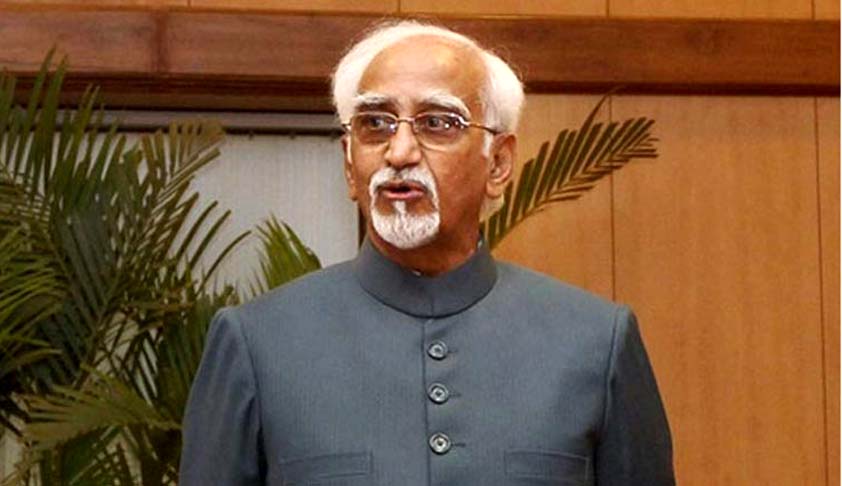The burden of delivery of Rule of Law falls on the judges: Vice President Hamid Ansari
PIB
15 April 2016 11:02 AM IST

Next Story
15 April 2016 11:02 AM IST
Addresses the Sesquicentennial Celebrations of the High Court of Judicature of Allahabad in Lucknow. The Vice President of India, Shri M. Hamid Ansari has said that the burden of delivery of Rule of Law falls on the judges. He was addressing the Sesquicentennial Celebrations of the High Court of Judicature of Allahabad, in Lucknow today. The Governor of Uttar Pradesh, Shri Ram Naik, the...
